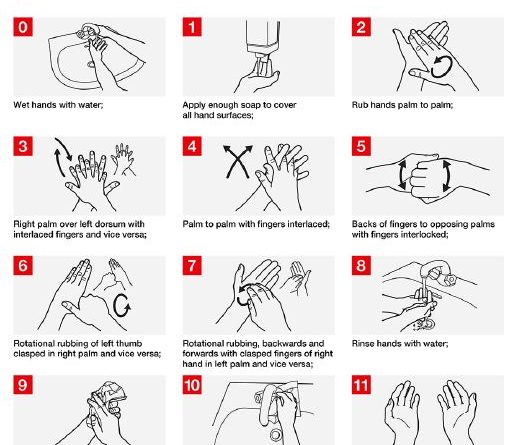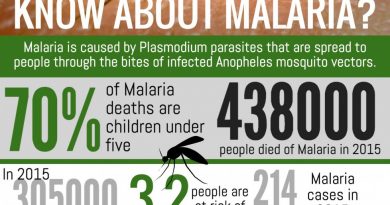The importance of hand hygiene to stop the spread of infection and disease

Daily, people touch surfaces, equipment and a number of other items without thinking twice.
While people cannot be paranoid about everything they touch, washing their hands prior or following certain activities is vital.
May 5 is World Hand Hygiene Day and ER24 is urging people to practise proper hand washing.
Proper hand washing is one of the easiest things people can do to reduce the spread of infection and disease.
Regular hand washing especially at the following times should be practised:
- Before eating.
- Before preparing food. It is also important to wash your hands after handling any meat products to prevent the spread of bacteria that can result in food poisoning.
- After coughing or sneezing into your hands or tissue. After blowing your nose.
- Before and after attending to a person who is sick.
- After going to the toilet.
- When using any chemicals or household cleaners.
- After touching animals.
- Touching garbage or garbage bins.
- When your hands are visibly soiled.
Washing your hands regularly only takes a few minutes of your day. This does not mean a simple quick rinse with just water is adequate. An effective and inexpensive way to remove germs is by washing your hands with soap. You should wet your hands with water, apply enough soap to cover the surface of your hands, lather well and wash the surface of both hands. This includes your palms, the back of your hands, wrists, every and between each finger as well as under your fingernails. You should then rinse and dry your hands thoroughly. Alcohol-based hand rubs are also recommended.
It is important to teach your children the importance of washing their hands as well. Remember to set the example.
ISSUED BY:
Chitra Bodasing
ER24 spokesperson




